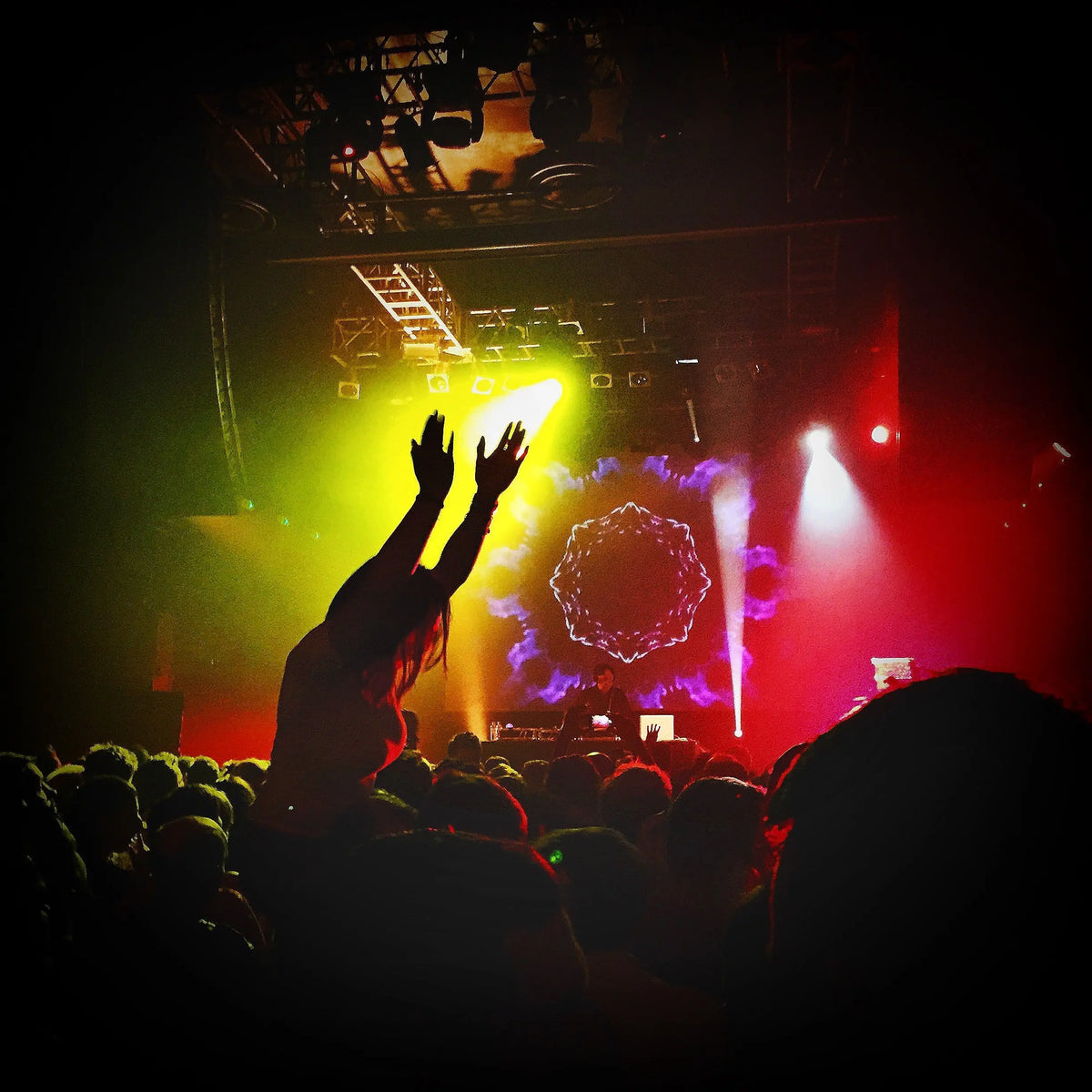
How Streaming Services Transform Music and Sleep Habits
|
Time to read 4 min
This store requires javascript to be enabled for some features to work correctly.
Written by: The Myza Editorial Team
|
Time to read 4 min
From an increasing demand for free music content online - through the likes of YouTube and Vevo - to the gradual decline in CD sales, the ever-changing nature of the music industry has long represented the rapid technological change/development occurring throughout modern society.
Of all the changes to have occurred in the past twenty years however, the most significant is the music industry's increasing reliance upon free and subscription-based music streaming services, through the likes of Spotify, Apple Music, Tidal etc.
Easy to access, streaming services have revolutionised not only how we listen to music, but the very music we listen to. Whereas once music fans would have had to wait years for the latest LP from a favourite artist or producer, many of us now rely upon carefully-curated playlists to determine what music we should be listening to.
What’s more, from “Your Favourite Coffeehouse” to “Young, Wild & Free”, the variety of playlists on offer from music streaming providers and independent playlist curators are endless.
Despite the obvious downsides - usually forwarded by the 'traditionalists' of the music world - music streaming services appear to have saved the music industry from the jaws of defeat, with streaming profits providing some music labels with their greatest surge in revenues since 2006.
As many as 4.1 million vinyl albums were sold in the UK in 2017, accounting for roughly 3% of all music consumed.
If you are one of the many hundreds of millions using a music streaming service, you'll know of the various sleep-related playlists available to you. On Spotify for example, there are playlists for every kind of sleeper, whether you’re a fan of ASMR, jazz, waterscapes, or ambient music just before bedtime.
But is there actually any scientific relationship whatsoever, between music and sleep?
To be clear, the role of music and sleep is well-documented, even if the specific mechanisms at play still remain under consideration. For example, music has been found to often calm a person before sleep - lowering heart rate and respiration rate - as well as stimulating the secretion of oxytocin, a hormone which has been shown to help people fall asleep.
The reason for this could rely upon our earliest experiences as a baby, when many of us would have drifted-off with the aid of a nursery rhyme or lullaby, sung to us by a parent or carer. Yet, armed as we now are by an array of electronic, speaker-enabled products (and probably no longer in the company of our parents/carers), we now possess the ability to use lullabies long into our adult and elder years.
Somebody who knows all of this (and probably a lot more), is Tom Middleton, a world-famous touring DJ and now, a sleep science coach. After having toured alongside the likes of Aphex Twin and Mark Pritchard throughout the 90s, Tom had always tended towards the more experimental-side of electronic music. And now, working alongside cognitive neuroscientists, Tom has produced an album specifically designed to help you lower your heart rate, respiration rate and and even your blood pressure, sending you off towards a more relaxed mindset and (fingers-crossed) sleep. Filled with luscious textures, sweeping melodies and expert production, Tom Middleton's "Sleep Better" could easily fit alongside the ambient productions often associated with the likes Brain Eno, Tangerine Dream or Boards of Canada. But when it comes to helping us get to sleep, this particular album is in a league of its own. So much so in fact, that Tom recently admitted to the BBC that they have even had to add a disclaimer, prompting listeners not to listen to the record "while driving, operating machinery or submerged under water."
Of course, due to the closely-aligned nature of sleep and comfortability, the genre of music is particularly important to the likelihood of music’s effect upon aiding high-quality rest. The National Sleep Foundation for example, recommends compiling a playlist of “soothing” songs, between 60 and 80 beats per minutes/bpm. In other words, you’ll probably prefer to listen to music of a classical, perhaps ambient variety before bedtime, rather than anything with a fast, four-to-the-floor beat.
What's more, certified sleep science coach and founder of SleepZoo Chris Brantner recently told Elite Daily that, "familiar melodies are often the most comforting,” due to the predictability of the song structure, and allowance for "less active participation in listening.” In that sense, however appealing it may be to turn to Spotify's Sleep playlist in an attempt to rescue you from sleeplessness at 3am in the morning, don't expect its 'sleep-inducing impact' to be an inevitability. Instead, why not ease yourself into the playlist or any number of playlists, over a number of weeks - on the way to work etc. - gradually familiarising yourself with the playlist. Or indeed, following the advice of The National Sleep Foundation and SleepZoo's Chris Brantner, you could curate your very own sleep playlist, selecting your choices according to familiarity and comfortability, whilst of course, keeping each track below 80 bpm. Just remember. You're trying to get to sleep, rather than have a late-night boogie.
Receive 10% off your first order when you subscribe to our newsletter



